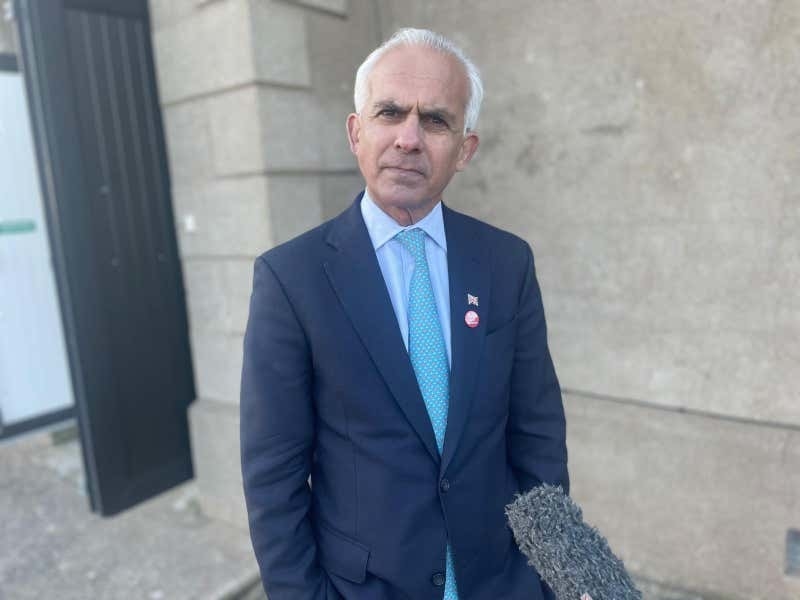Current forecasts indicate that rising costs and declining income at Jersey’s Airport and harbours mean that the Ports of Jersey could face a cash shortfall of £314 million by 2038 – resulting in a funding gap for maintenance projects.
But the States voted earlier this year to incorporate the Ports of Jersey – a move which will see the Airport and harbours moved into the ownership of a private company owned by the States.
It is hoped that this will allow the Ports of Jersey to become more commercially active to raise revenue and to become financially independent – saving the tax payer from a potentially huge financial burden.
The chief executive of the Ports of Jersey, Doug Bannister, said he was keen to build a ‘self-sustained’ Ports of Jersey and wanted to work with local partners to generate new income sources, including storage, shops, restaurants and leisure activities .
‘The idea of incorporation is to allow us to pursue good commercial growth, which will boost our income and close the funding gap,’ said Mr Bannister.
‘Incorporation will give us more commercial agility – we will be able to pursue opportunities more quickly and with business partners because we will be less bound by public-sector regulation.’
Mr Bannister said that the incorporation would also allow the Ports of Jersey to enter into joint ventures with local businesses – something it could not do previously.
‘We will be able to work in joint ventures once we are incorporated, which are a great way to bring in investment and expertise,’ he said.
‘And not being part of the public sector anymore will attract business partners.
‘Projects will be able to be approved more quickly – we will just be able to get on with things.’
He also stressed that the Ports of Jersey would still have enforcement duties at the Airport and Harbour such as monitoring traffic.
He added that incorporation would not mean the ports would become more expensive for Islanders.
‘One of the myths of incorporation is that we are going to push prices up – that’s actually the complete opposite of what we want to do,’ he said.
‘In our financial model we don’t need to put prices up to close the funding gap – we want to make it up by using our new commerciality.
‘And we are not going to sell any of our assets – we want to hold on to and perhaps acquire more assets to build long-term income streams.’
Mr Bannister added that there would be no redundancies as a result of the incorporation, which is planned to take place in October this year after being approved in the States last month.






